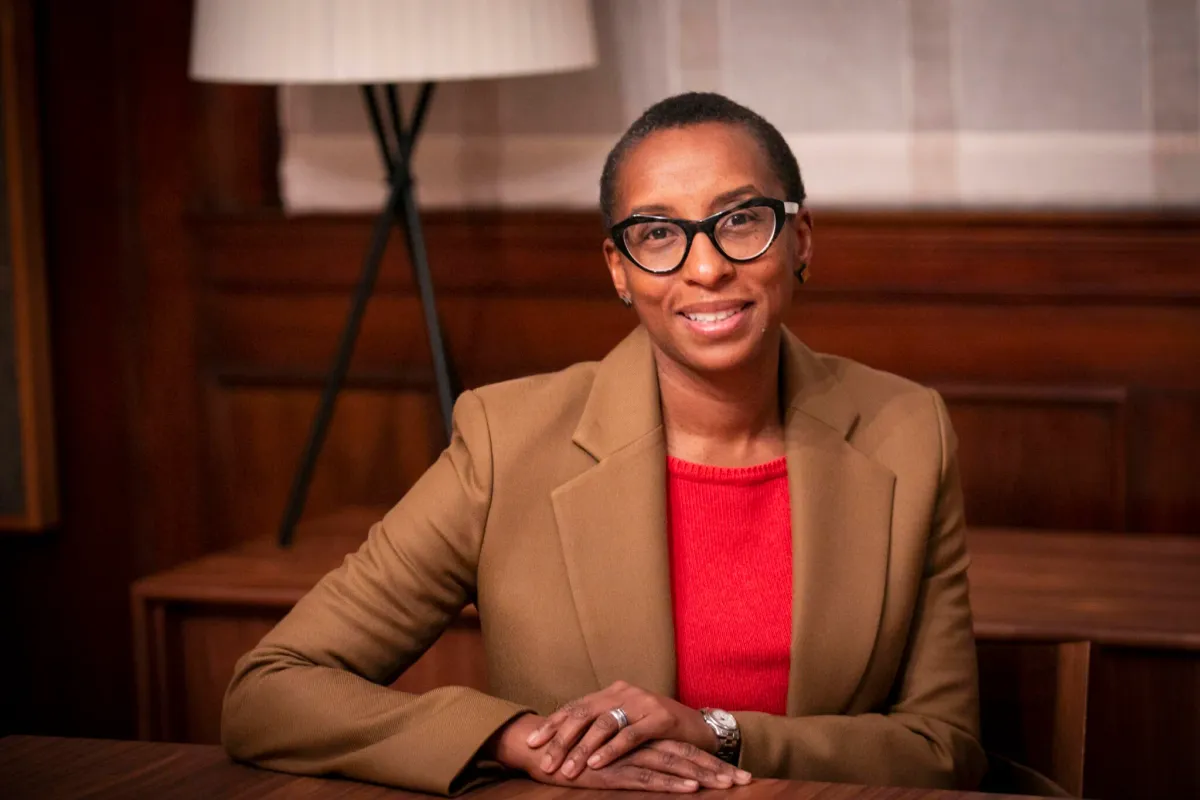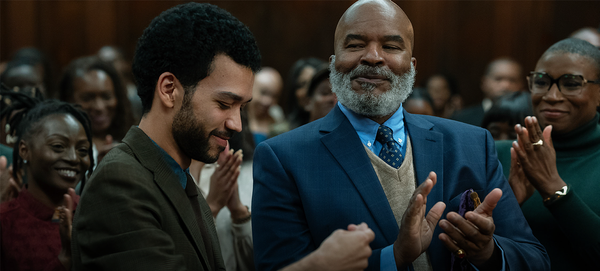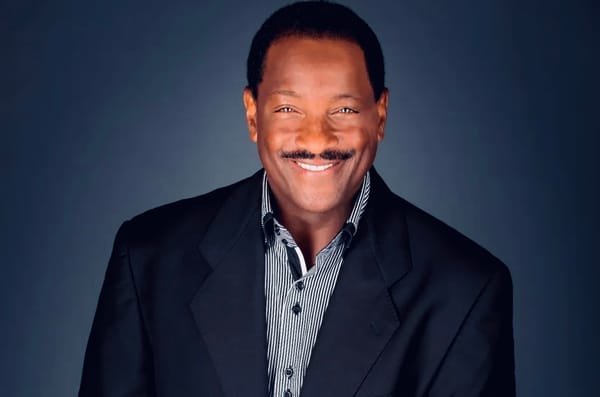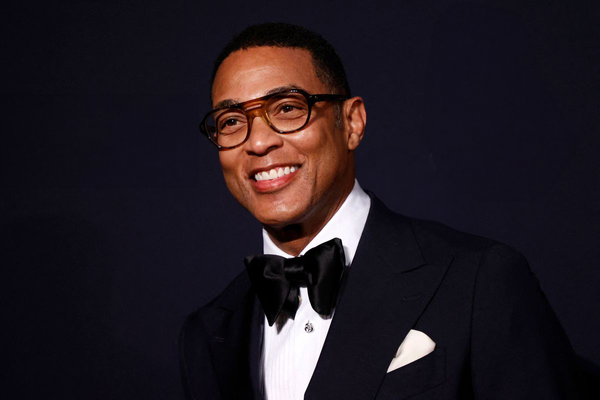Charting Uncharted Territory: Claudine Gay's Short, Impactful Stint as Harvard's First Black President

Background and Historical Context
In June 2022, Harvard University entered a new chapter in its storied history with the appointment of Claudine Gay as its president, succeeding Lawrence Bacow. Gay's selection was a landmark moment, as she became the first Black president of the university. This decision signified more than a mere leadership change; it represented a pivotal moment in the university's ongoing journey toward greater diversity and inclusion.
The Complexity of Race in Leadership
As the first Black individual to hold this prestigious position, Gay's presidency was inherently layered with the complexities of race. Her tenure must be examined through a lens that considers the intricate ways in which race can influence perceptions and reactions within academic and broader societal contexts. The scrutiny faced by Gay was not just about her decisions and leadership style; it was also reflective of the broader societal challenges and biases related to race.
The Intersection of Leadership and Racial Dynamics
The challenges Gay faced, from the university's response to global events to the plagiarism allegations, were magnified by her racial identity. This intersectionality often meant that her actions were viewed not just as individual decisions but as representative of broader racial narratives. The situation was further complicated by the societal expectation that, as a Black leader, she would navigate these issues with a perspective and sensitivity uniquely informed by her racial identity.
Support Amidst Challenges
Despite the multifaceted challenges, Gay garnered substantial support from the Harvard community, including over 700 faculty members and the Harvard Alumni Association. This support was not just for her leadership but also an acknowledgment of the additional complexities she faced as a Black woman in a high-profile position. It highlighted the community's recognition of the unique pressures associated with leading while Black, and the need to balance concerns about leadership with principles of academic freedom and resistance to external pressures.
Student and Academic Community Perspectives
The student body and broader academic community's reaction to Gay's presidency and the ensuing challenges also underscore the nuanced role of race in academic leadership. Discussions among students and faculty often reflected a deeper understanding of the systemic issues at play, including the role of race in shaping leadership expectations and the evaluation of performance.
Legacy and Reflections on Racial Dynamics in Leadership
The end of Gay's tenure, marked by her resignation amid a confluence of external pressures and internal challenges, offers an opportunity for reflection. Her presidency illuminates the heightened expectations and complex dynamics that leaders of color face, particularly in roles of significant visibility and responsibility. It also prompts a broader conversation about how race shapes the experiences and perceptions of leaders in academia and beyond.
Conclusion
Claudine Gay's tenure as Harvard's president, though brief, was significant not just for the institution but also in the context of the evolving narrative of race and leadership in academia. Her experience underscores the necessity of acknowledging and addressing the intersection of race with leadership roles, particularly in prestigious and historically significant institutions. As Harvard and similar institutions continue to evolve, the lessons from Gay's presidency will likely inform future discussions about leadership, diversity, and inclusion in higher education.
Engage and Reflect
Claudine Gay's brief but pivotal presidency at Harvard highlights key issues of race and leadership in academia. This moment is a call to reflect and discuss these crucial dynamics, especially in elite institutions. We invite you to share your insights on fostering inclusive environments for diverse leaders and shaping an equitable academic future. Join this conversation through comments or on our social media platforms.





